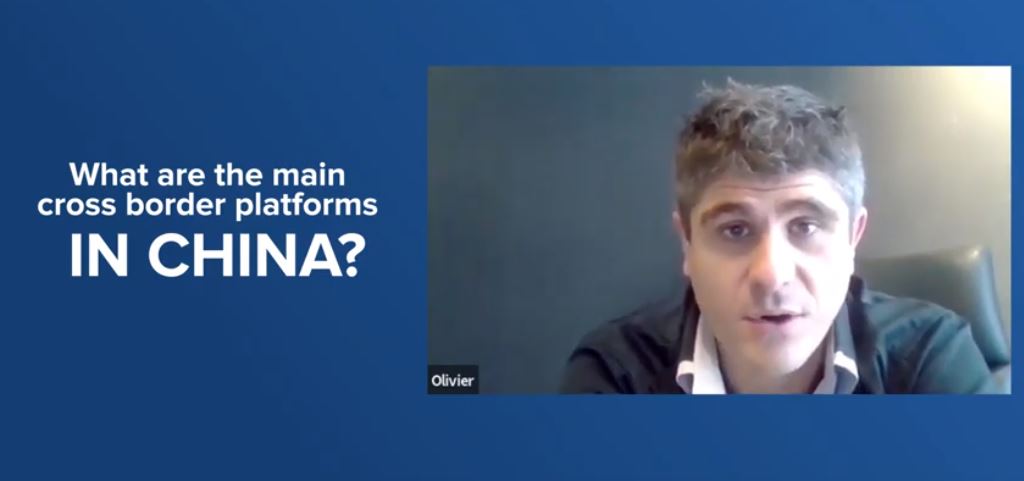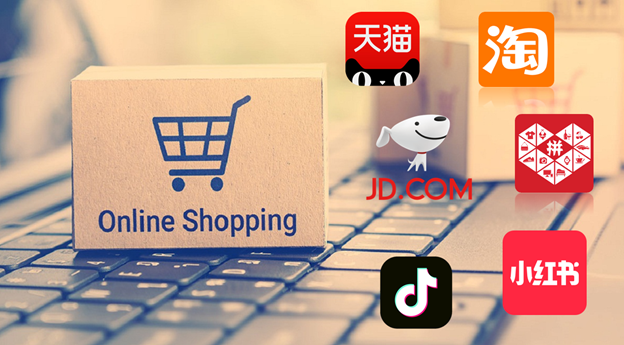Find here the Daxue Talks episode 3. Learn in 2-5 minutes the latest updates about cross-border e-commerce in China in 2019.
Full transcript below:
I am Olivier Vérot, the founder of the Gentleman Marketing Agency (GMA). We are a digital marketing agency focused on performance, and we are based in Shanghai.
- What are the main cross border platforms in China?
For China, we have several cross border platforms who are sharing the market share. Number one is Tmall Global, there is Kaola (that is today purchased officially by Tmall Global). There is JD Global, we can do it also in Wechat. Pinduoduo has recently launched something to do it also. And there are a lot of “vertical platforms” that also allowed the gross border, like DIP.com or Red Book (RED) which is more specific in one field.
2. What are the differences between all the platforms?
Basically, you have two kinds of platforms. You have the platforms when a brand manages the space and you have the platforms when the platform pushes the product from a brand and send directly to the consumer. The two main different cross border platforms you have. So, in the first one, you have, for example, Tmall Global or Wechat, or this kind of platform, where you can open the store, manage your page, drive traffic and basically do the operation by yourself, which means it is a real cross border platforms. And the other one is more like merchant side, so they are purchasing a part they stock to you; this was the business model of Kaola, JD also does it a lot, so they purchase a lot of stock from you and after that, they are selling it directly to their platform, their channels.

3. What are the conditions to use these platforms?
The conditions for different platforms are very diverse. If you enter some big platform like Tmall the condition are very strict. They have big entry fees and the more platforms are small … the more conditions are smaller. Maybe I will focus on only one. if you don’t mind, on Tmall Global, for example. So, on Tmall Global first, you have to pay a deposit to be sure you are going to stay on the platform for a year. The deposit os from $ 25k to $ 50k depends on the industry and on the other factors. After you need to pay entry fees to Tmall, it is between $ 5k to $ 10k, some industries $ 15k. And it is a kind of guarantee fee that you will basically give to them for all the years.
4. What about other conditions for other platforms?
Other companies have different levels of fees, and it is very diverse and changing all the time. So, I will not enter into details. I’ll just give you an example, it was last year on RED. It was free entry fees, there was nothing, but recently they ask for $ 3k of deposit + some entry fees. So these platforms are changing all the time, the more the platform is popular, the more they will ask for the entry fees plus deposit.
Daxue Talks is a show powered by Daxue Consulting, a china-based strategic market research company founded in 2010! With Daxue Talks, you will stay up to date with all the latest business updates in China.





